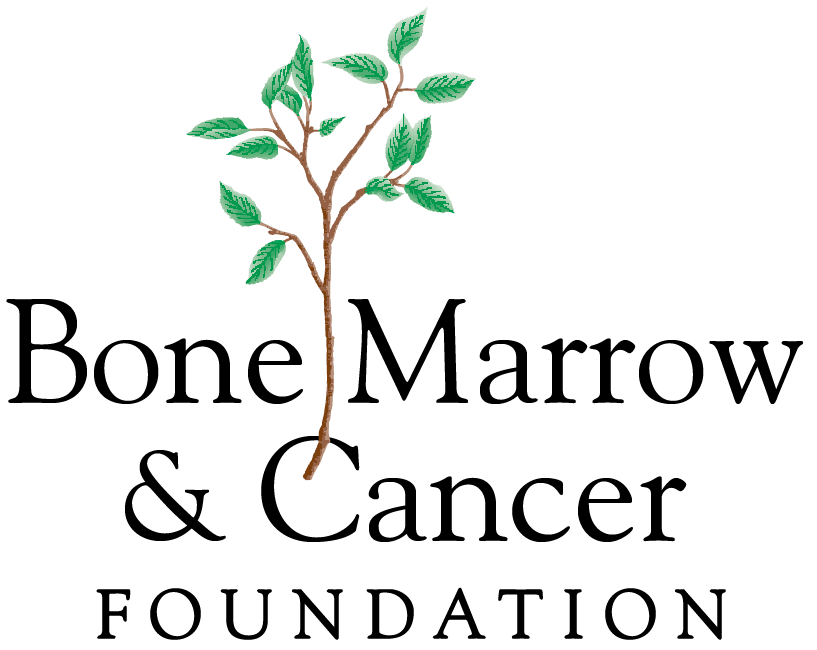- About Us
- Advertise / Support
- Editorial Board
- Contact Us
- CancerNetwork.com
- TargetedOnc.com
- OncLive.com
- OncNursingNews.com
- Terms & Conditions
- Privacy
- Do Not Sell My Information
- Washington My Health My Data
© 2025 MJH Life Sciences™ and CURE - Oncology & Cancer News for Patients & Caregivers. All rights reserved.
CancerBuddy, Making Cancer a Little Less Lonely
By Bone Marrow & Cancer Foundation
The detrimental impact of loneliness on both mental and physical health is well-documented and extensively researched. It’s often compared to the health risks of smoking, with studies showing that loneliness can have the same effect on our lifespan as smoking 15 cigarettes a day. Further empirical evidence even suggests that loneliness can have negative implications on your immune, endocrine and autonomic nervous systems. Chronic loneliness, accompanied by persistent stress, can escalate into serious physical ailments, particularly among those already immunocompromised or with existing conditions like cancer.
Moreover, loneliness significantly increases the risk of depression, anxiety, substance abuse and self harm. The widespread isolation during the pandemic intensified this global loneliness crisis, with many individuals experiencing it for the first time - a feeling all too familiar to those battling cancer.
When you consider all this within the context of a patient, survivor or caregiver facing cancer, the potential negative impact of loneliness becomes all the more significant. It's no secret that a cancer diagnosis and subsequent treatment can result in immense psychological burden for everyone involved.
The experts really only have one cure for this, and it's the same for whether you have cancer or not, and it is peer support. Peer support has been identified as a key resource that can lessen the impact of stressful experiences such as cancer. Peer support has been found to improve cancer patients' and caregivers’ coping skills, satisfaction with medical care, level of knowledge, sense of hope, personal relationships, mood and health outcomes.
Recognizing the validated benefit of peer support for the well-being of cancer patients, survivors and caregivers, the Bone Marrow & Cancer Foundation launched the CancerBuddy App on iOS and Android. CancerBuddy connects people facing cancer by diagnosis, treatment, age, interests, hospital, geographical location and more. In addition to facilitating individual connections for patients, survivors and caregivers, users are also able to join expert-moderated support groups. By extending access to peer support through the use of CancerBuddy, we are also reaching particularly vulnerable populations within the cancer community. For example, 89% adolescents and young adults (ages 15-39) are diagnosed with cancer each year in the US.1
Backed by science, peer support helps reduce the loneliness that patients, survivors and caregivers may experience while facing a cancer diagnosis or at any point throughout their experience. Having a chance to foster a relationship with someone who’s going through a similar experience with cancer, or with someone who has made it through a battle with cancer can be reaffirming experience that reminds patients they are not alone. CancerBuddy is making cancer a little less lonely.
1 Adolescents and Young Adults (AYAs) with Cancer - National Cancer Institute. Accessed June 9, 2021. https://www.cancer.gov/types/aya
Related Content:




